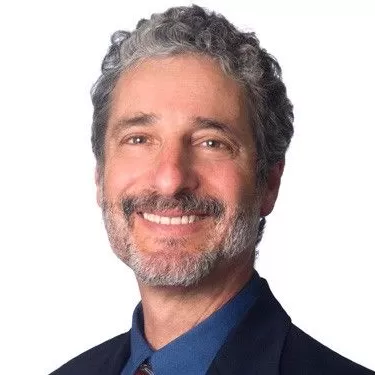Todd Litman
Todd Litman is the executive director of the Victoria Transport Policy Institute.
Contributed 447 posts
Todd Litman is founder and executive director of the Victoria Transport Policy Institute, an independent research organization dedicated to developing innovative solutions to transport problems. His work helps to expand the range of impacts and options considered in transportation decision-making, improve evaluation methods, and make specialized technical concepts accessible to a larger audience. His research is used worldwide in transport planning and policy analysis.
Mr. Litman has worked on numerous studies that evaluate transportation costs, benefits and innovations. He authored the Online TDM Encyclopedia, a comprehensive Internet resource for identifying and evaluating mobility management strategies; Transportation Cost and Benefit Analysis: Techniques, Estimates and Implications, a comprehensive study which provides cost and benefit information in an easy-to-apply format; and Parking Management Best Practices, the most comprehensive book available on management solutions to parking problems. Mr. Litman is a frequent speaker at conferences and workshops. His presentations range from technical and practical to humorous and inspirational. He is active in several professional organizations, including the Institute of Transportation Engineers and the Transportation Research Board (a section of U.S. National Academy of Sciences). He is a member of the Editorial Advisory Board of Transportation Research A, a professional journal.
Please Tax My Carbon
<p style="margin: 0pt" class="MsoNormal"> <span style="font-size: small; font-family: Times New Roman">North American (United States and Canada) policy generally favors low energy prices, with low taxes, production subsidies and other types of energy industry support. As a result, North Americans are energy rich: an average worker can purchase more fuel per hour of labor than almost any other time or place. In response North Americans have developed energy intensive lifestyles and industrial practices, have failed to implement many energy conservation practices common in other parts of the world, and consume more energy per capita than most other times and places.</span> </p>
Comprehensive Analysis of Transit Energy Conservation Benefits
<p> <span style="font-size: small; font-family: Times New Roman">A recent report by the libertarian Cato Institute, </span><a href="http://www.cato.org/pub_display.php?pub_id=9325"><span style="font-size: small; color: #800080; font-family: Times New Roman">Does Rail Transit Save Energy or Reduce Greenhouse Gas Emissions?</span></a><span style="font-size: small; font-family: Times New Roman">, claims that public transit service improvements are ineffective at conserving energy and reducing pollution emissions. But this conclusion is based on faulty analysis.</span> </p>
Don't Fill-er-up With Stupidity
<span style="font-size: small; font-family: Times New Roman"> <p style="margin: 0pt" class="MsoNormal"> <span style="font-size: small; font-family: Times New Roman">People’s response to death typically proceeds through various stages: disbelief, denial, anger, bargaining, guilt, and eventually acceptance and hope. Motorists’ response to increased fuel price seems to follow similar stages:</span> </p>
Economic Principles Still Apply
<span style="font-size: 12pt; font-family: 'Times New Roman'"> <p style="margin: 0pt" class="MsoNormal"> <span style="font-family: Times New Roman">It turns out that the “law of demand” (the tendency of higher prices to reduce consumption) and the principles of urban economics (that improved accessibility increases land values) still apply. If we are smart, we can use these to help solve problems and benefit consumers.</span> </p>
Celebrate (Transportation) Diversity!
<p class="MsoNormal"> Every person is unique. Every day is unique. Every trip is unique. As a result, an efficient and equitable transportation system must be <a href="http://www.vtpi.org/tdm/tdm65.htm">diverse</a>, so people can choose the best option for each trip. For example, today you might prefer to walk or bicycle, but tomorrow find it best to use public transit or drive. </p>

























